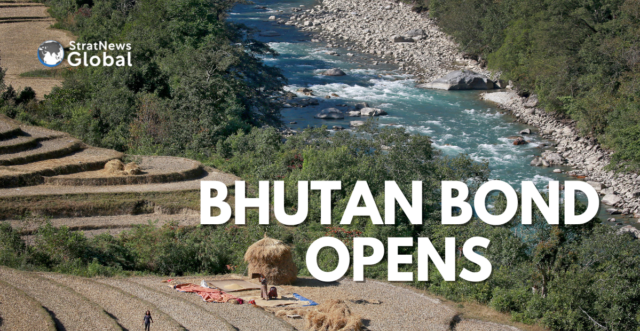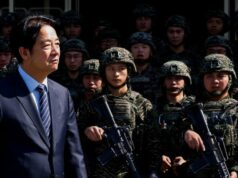The Kingdom of Bhutan, known for its Gross National Happiness (GNH) index, has embarked on an ambitious plan to construct a unique “mindfulness city” in Gelephu. This sustainable urban hub, known as Gelephu Mindfulness City (GMC), will be funded by a $100 million bond, opening for subscription on Monday. This visionary project aims to redefine Bhutan’s economy and strengthen regional connections, providing a model of happiness-centred urban development.
Gelephu Mindfulness City: A Vision for Sustainable Living
Spread over 2,500 square kilometres near the India-Bhutan border, GMC will feature walking and cycling paths, green spaces for meditation, mindfulness-focused education, and wellness centres. The city will promote eco-tourism and support a range of industries, including technology, healthcare, finance, and agriculture. Through mindfulness and eco-friendly initiatives, Bhutan seeks to set an example for modern, well-being-oriented urban spaces.
Senior GMC official Rabsel Dorji described the city’s goal as deeply rooted in Bhutanese values. “Mindfulness is at the core of our values-based city and aligns with the ethos and identity of our nation,” he said, emphasising Bhutan’s unique approach to balancing economic growth with well-being.
Funding and Economic Ambitions
The GMC Nation Building Bond will be available to non-resident Bhutanese until 17 December. The funds raised will help develop initial infrastructure, green energy sources, and transport systems, supporting Bhutan’s goal of carbon-negative development. “This ambitious project will redefine the nation’s economic landscape,” said Lotay Tshering, GMC’s governor and former prime minister.
Bhutan hopes GMC will drive economic growth by attracting investment and creating jobs in sectors like finance, tourism, green energy, and more. Facing a youth unemployment rate nearing 30% in recent years, Bhutan aims to curb the exodus of young people seeking opportunities abroad by creating a prosperous urban centre rooted in national heritage and forward-thinking values.
Challenges and Regional Support
GMC, envisioned by Bhutan’s King Jigme Khesar Namgyal Wangchuck, is expected to take 21 years to complete, with initial phases aiming to host 150,000 residents and eventually reaching over a million. While the project has significant local and international appeal, experts note that Bhutan’s landlocked geography could pose connectivity challenges. Infrastructure and urban planning expert Surya Raj Acharya noted that “Developing the city as a competitive hub depends on connectivity to global logistics.”
India, Bhutan’s major economic partner, has shown support for GMC by extending its roads and rail network to the border, strengthening the city’s links with the region. As the world’s first carbon-negative nation, Bhutan seeks to showcase a new model of urban development, balancing economic goals with environmental stewardship and well-being-focused policies.
(With Inputs from Reuters)
Research Associate at StratNewsGlobal, A keen observer of #China and Foreign Affairs. Writer, Weibo Trends, Analyst.
Twitter: @resham_sng





